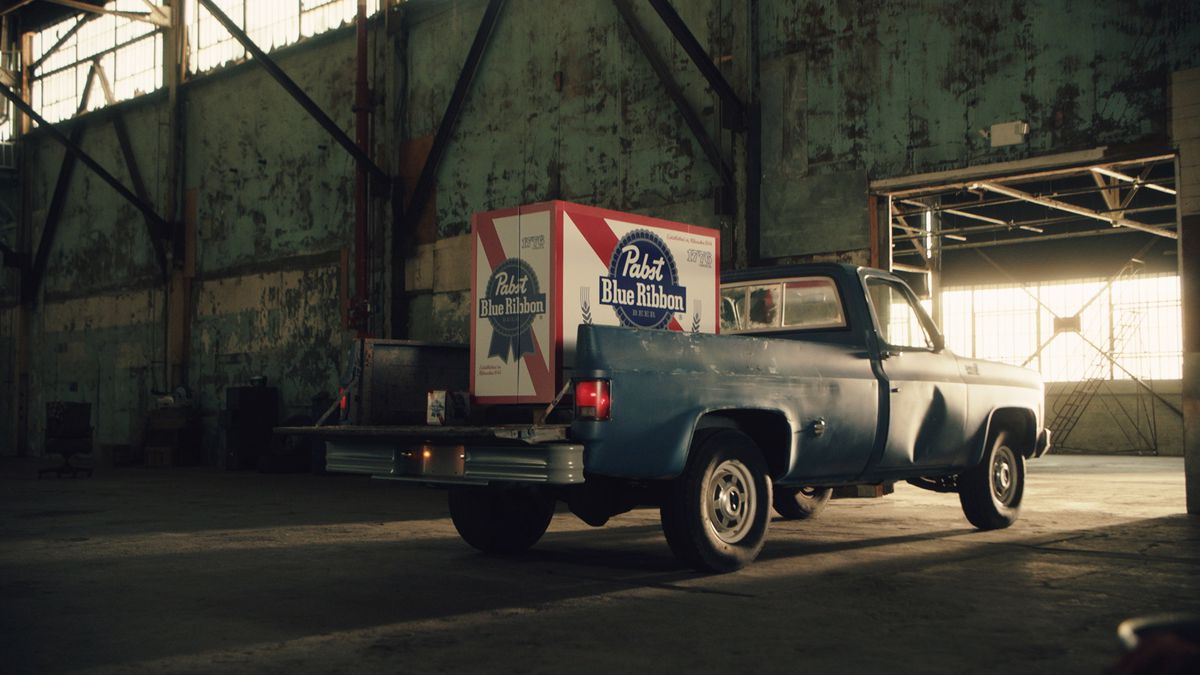
Direct shipping — wine sent from producers or retailers straight to your home — has a long, fraught history that is not yet been resolved. I first wrote about the issue for The Washington Post in 1996, a full 12 years before I started writing this column. Advocates of direct shipping won a major Supreme Court ruling in 2004, but that left some issues unresolved. A consumer’s ability to order wine from an out-of-state retailer and have it shipped to her home is still being litigated in courts and argued in state legislatures. And consumers are not always winning.
On the positive side, online sales are up. We bought everything online last year, from hand sanitizer to toilet paper to cabernet. According to Sovos ShipCompliant, a company that helps wineries comply with the myriad laws and regulations states throw in the way of free commerce in wine, the direct-to-consumer (or DtC, in industry parlance) sales channel increased 27 percent in 2020, the largest yearly increase ever. And it wasn’t just wine fiends buying expensive, hard-to-find bottles. The average bottle price dropped 9.5 percent to just under $37, and shipments of wines priced under $30 increased by more than 41 percent.
So who are we buying from? Online sales platforms often disappear as quickly as they emerge; Wine.com seems securely established as an online store. Wine “clubs” such as Winc, First Leaf and Bright Cellars use algorithms and short quizzes about whether you like your coffee black or with cream and sugar to point you to obscure labels they think you’ll like. Dry Farm Wines offers organic and natural wines.
Sip Wines, an online platform launched in October largely as a response to the pandemic, tags wineries as sustainable or organic, socially responsible, led by women, family-owned and first-generation small business.
“We wanted to feature small wineries and help them tell their stories,” says Justine DiPrete, who co-founded Sip Wine with fellow tech entrepreneur Clay Heins. Sip acts as an online sales platform for smaller wineries that are available through traditional retail channels but not available everywhere. So it gives wineries a wider reach to consumers, and consumers who want to support family owned, women-led, socially responsible and organic wineries a path to find them. Sip Wines carries wines from California, Oregon, Washington and New York.
Naked Wines saw its sales increase 90 percent in the first half of 2020, compared with the year before, says CEO Nick Devlin. “You can pinpoint the day when Americans got serious about covid,” Devlin told me. “On March 16, we saw day over day our number of new members doubled, and then on March 17, it doubled again.” The company’s revenue grew 90 percent from April through September and has continued on a similar rate since, he said.
Naked Wines, established in Britain in 2008 and launched in the United States in 2013, has an innovative model similar to crowdfunding. The company also operates in Australia, and has about 800,000 members overall. Those members, who the company calls “angels,” contribute regularly into a fund that’s like a noninterest bank account they can use to buy wine. The company supports winemakers in several countries around the world, helping them with the investment, regulatory compliance and marketing. The winemakers have freedom to make innovative wines, and the “angels” can buy small-production, exclusive wines that are not available through normal retail channels. Daryl Groom, a former winemaker with Penfolds in Australia and Geyser Peak in California, is perhaps Naked Wines’s best-known winemaker, marketing his DRG line of wines through the platform.
Ana Diogo-Draper, winemaker at Artesa Vineyards and Winery in California’s Napa Valley, uses Naked Wines to produce her own wines from Spanish and Portuguese grape varieties grown in the Sierra Foothills of California, as well as a rosé from her native Portugal. “The online business model allows us to focus on the winemaking, leaving aside the marketing and sales,” she says.
“The hurdle to entry is so high” for individual winemakers, said Matt Parish, who managed several wine brands for beverage behemoths Constellation Brands and Treasury Wine Estates before joining Naked Wines. Parish says he also enjoys interacting online with customers who buy and rate his wines.
Will local retail wine stores disappear like bookstores as online sales grow? I hope not. An algorithm cannot replace a conversation with a retailer who has tasted every wine in his store or remembers what she sold you on your last visit. And I hope we never lose the serendipity of visiting a store and tasting a wine we never would have thought to try. But I’m all for greater choice and selection in what we can buy.
February 27, 2021
https://ift.tt/3r5OuEQ
Online wine sales continue to grow, but can they — or should they — replace local shops? - The Washington Post
https://ift.tt/31lUVcw
Wine

No comments:
Post a Comment